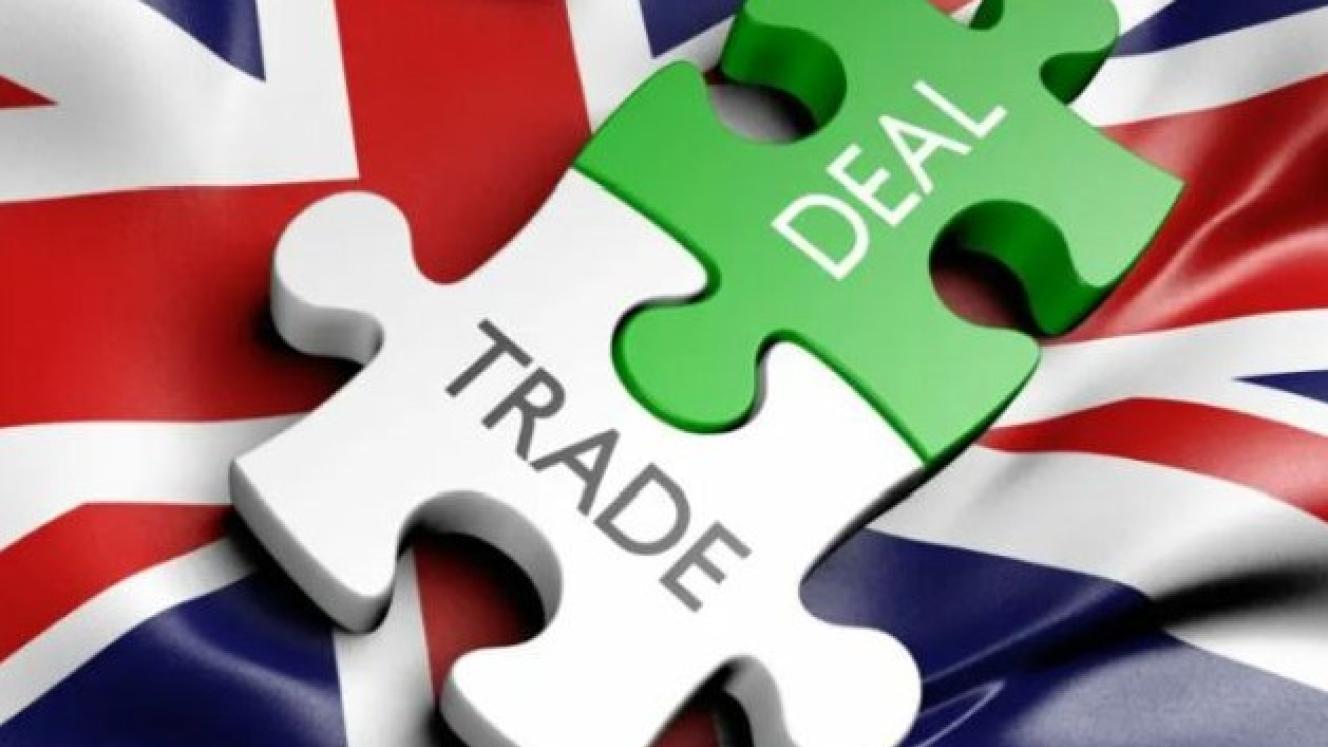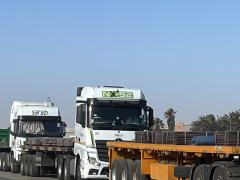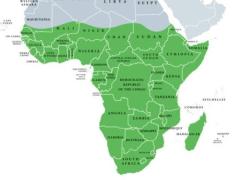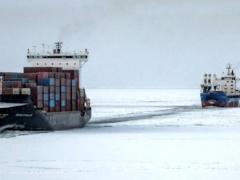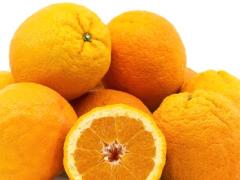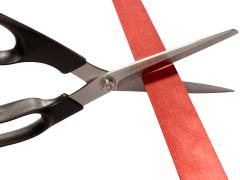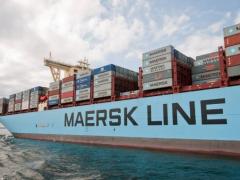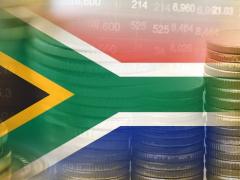South African exporters are haemorrhaging billions in unnecessary tariffs in Britain, despite a trade deal designed to give them duty-free access.
Business Day reports that figures presented at a seminar hosted by the trade department, the SA Chamber of Commerce and Industry, and the British High Commission showed how badly the post-Brexit SACUM-UK Economic Partnership Agreement is being underused.
In 2024 alone, vehicles worth £114m (R2.7bn) were hit with Britain’s standard 10% tariff instead of entering duty-free. A further £40m (R956m) in wine and £18m (R430m) in fruit and nuts – including £3m (R72m) in avocados that qualify for zero duties – also faced tariffs.
Economics correspondent Jana Marx writes that both governments admit they don’t fully understand why the deal isn’t being applied but say they are working to plug the gaps.
The timing is particularly stark. Washington has slapped tariffs of up to 30% on South African exports, including cars, citrus and wine. Analysts warn the move will cost jobs and slice into export earnings. Full use of the UK agreement could claw back hundreds of millions and ease the US blow.
Much of the problem lies in ‘rules of origin’ – requirements that goods must prove they are made in Southern Africa to qualify for duty-free entry. Administrative red tape has tripped up exporters, leaving them to pay tariffs they should have avoided.
Trade department director Emily Mphahlele said officials were working with industry and British counterparts to resolve the snags. She noted that wine exporters were receiving legal and diplomatic support, while Pretoria was pushing for a change to allow carmakers to use more imported parts without losing duty-free status.
British officials highlighted wine as a priority sector. The High Commission said a delegation of UK buyers would attend Cape Town’s International Wine Festival this month to build business links and iron out rules-of-origin hurdles.
On the sidelines, Mphahlele said South Africa was leaning on Britain and the EU to help offset the impact of US tariffs. The US has long been one of South Africa’s most important markets, but new duties of up to 55% have put that trade relationship at risk.
“There’s a team working on alternative markets,” she said, with Britain described as a central part of that strategy.
Fixing the underuse of the UK trade deal could provide a vital cushion for exporters caught in the middle of escalating global tariff wars.
